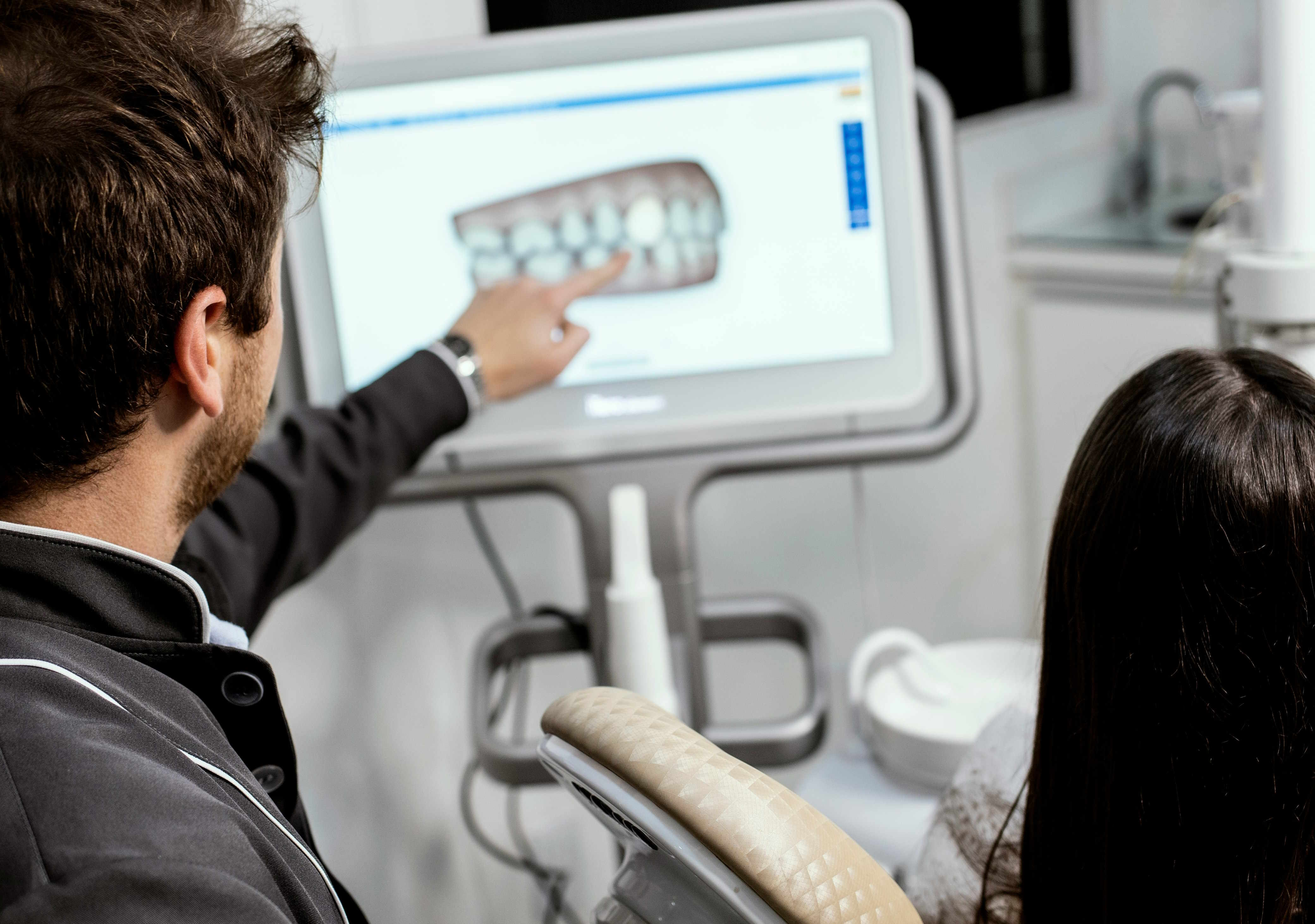Choosing a Senior-Friendly Dentist in 2025: What to Look For
Dental care becomes even more important as we age—but not every dentist is equipped to meet the unique needs of older adults. From managing dentures and dry mouth to treating gum disease or age-related tooth sensitivity, senior-friendly dentists specialize in providing gentle, personalized care. In 2025, the best dentists for seniors offer accessible offices, advanced technology, and compassionate communication tailored to aging patients. This guide will help you know what to look for when choosing a senior dentist, so you or your loved ones can maintain a healthy, confident smile well into the golden years.

What Makes a Dentist Truly Senior-Friendly?
A senior-friendly dentist goes beyond standard dental care by understanding the unique challenges aging patients face. These professionals demonstrate patience during appointments, explain procedures clearly, and accommodate slower movement or hearing difficulties. They recognize that older adults often take multiple medications that can affect oral health and dental treatment options. Senior-friendly dentists also understand conditions like arthritis might make oral hygiene more challenging, and they provide practical solutions and adaptive tools. Most importantly, they create a welcoming environment where seniors feel respected and heard, taking time to address concerns without rushing through appointments.
Which Special Services Should Senior Dental Practices Offer?
Senior dental practices should provide comprehensive services that address age-related oral health issues. Essential services include denture fitting, repair, and adjustments, as well as specialized periodontal care for gum disease management. Many seniors benefit from preventive treatments like fluoride applications to combat dry mouth and root decay. Advanced practices offer oral cancer screenings, which become increasingly important with age. Some senior-focused dental offices provide mobile or in-home services for patients with mobility limitations. Additionally, these practices often coordinate care with physicians and specialists, understanding how conditions like diabetes or heart disease impact dental treatment planning.
How Important is Office Accessibility and Comfort?
Office accessibility and comfort are crucial factors when selecting a senior dentist. The ideal practice features ground-floor locations or elevator access, wide doorways to accommodate wheelchairs or walkers, and well-lit waiting areas with comfortable seating. Treatment rooms should have adjustable chairs that are easy to enter and exit, plus grab bars for stability. Accessible parking spaces close to the entrance make visits less stressful for seniors with mobility challenges. Beyond physical accessibility, comfort includes shorter appointment scheduling to prevent fatigue, flexible timing for those who prefer morning visits, and staff trained to assist with mobility aids or provide extra support during transitions between areas.
What Are the Latest Technologies Benefiting Senior Dental Care?
Modern dental technology offers significant advantages for senior patients in 2025. Digital X-rays provide clearer images with reduced radiation exposure, making diagnosis safer for older adults. Intraoral cameras help dentists show patients exactly what they’re seeing, improving communication and treatment understanding. Laser therapy offers gentler treatment options for gum disease, reducing discomfort and healing time. CAD/CAM technology enables same-day crowns and restorations, eliminating multiple appointments that can be challenging for seniors. Electric handpieces operate more quietly and with less vibration, creating a more comfortable experience. Some practices also use telemedicine consultations for follow-up care, reducing travel requirements for routine check-ins.
| Provider Type | Average Visit Cost | Specialized Services | Key Benefits |
|---|---|---|---|
| General Practice with Senior Focus | $150-300 | Basic senior care, denture adjustments | Familiar environment, established relationships |
| Geriatric Dental Specialist | $200-400 | Comprehensive age-related treatments | Specialized training, advanced senior care |
| Mobile Dental Services | $250-450 | In-home visits, portable equipment | Maximum convenience, familiar settings |
| Dental School Clinics | $75-200 | Student-supervised care | Reduced costs, thorough attention |
Prices, rates, or cost estimates mentioned in this article are based on the latest available information but may change over time. Independent research is advised before making financial decisions.
How to Compare Local Senior Dental Providers
When comparing local senior dental providers, start by researching credentials and experience with older adults. Look for dentists who have completed geriatric dentistry training or regularly treat senior patients. Read online reviews specifically from older patients and their families, paying attention to comments about staff patience, office accessibility, and communication quality. Schedule consultations to tour facilities and meet staff members, observing how they interact with senior patients in the waiting room. Ask about appointment scheduling flexibility, emergency care availability, and coordination with other healthcare providers. Compare insurance acceptance and payment options, as many seniors rely on Medicare Advantage plans or supplemental coverage. Consider location convenience and transportation options, especially if the patient no longer drives independently.
Choosing the right senior-friendly dentist requires careful consideration of specialized services, accessibility features, and communication approaches that address the unique needs of aging patients. The best senior dental practices combine modern technology with compassionate care, creating environments where older adults feel comfortable and confident about their oral health. By evaluating these key factors and comparing local providers, seniors can find dental care that supports their overall health and quality of life well into their golden years.
This article is for informational purposes only and should not be considered medical advice. Please consult a qualified healthcare professional for personalized guidance and treatment.




